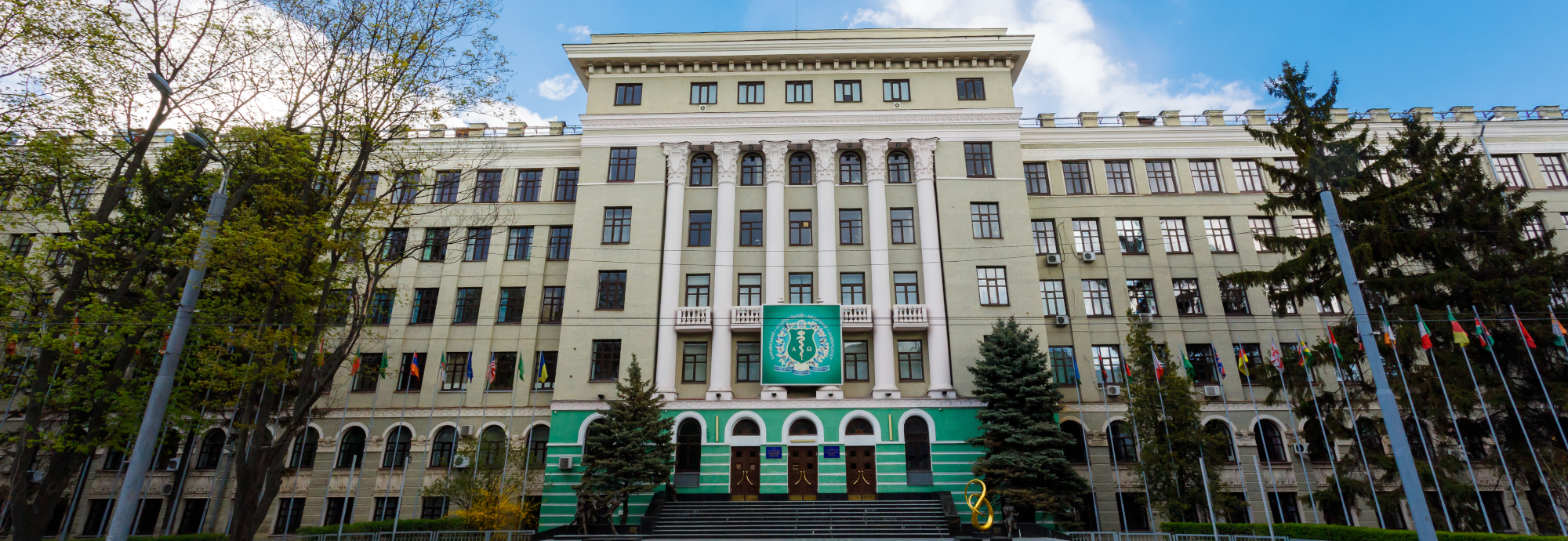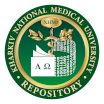ISSN 2310-8363
Репозитарій Харківського національного медичного університету – це відкритий електронний архів академічних текстів, матеріалів наукового та навчально-методичного призначення, створених науковцями, викладачами, іншими працівниками університету та здобувачами
- Положення про Репозитарій Харківського національного медичного університету
- Авторський договір про передачу невиключних прав на використання твору
- Репозитарій ХНМУ: поради автору-депозитору
- Приклади бібліографічного опису документів
З усіх питань щодо Репозитарію ХНМУ звертайтеся до координатора Тетяни Павленко за адресою: repository@knmu.edu.ua

Communities in DSpace
Select a community to browse its collections.
